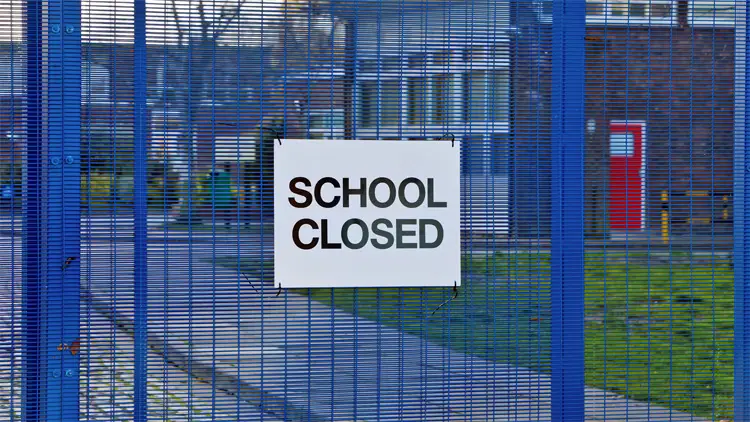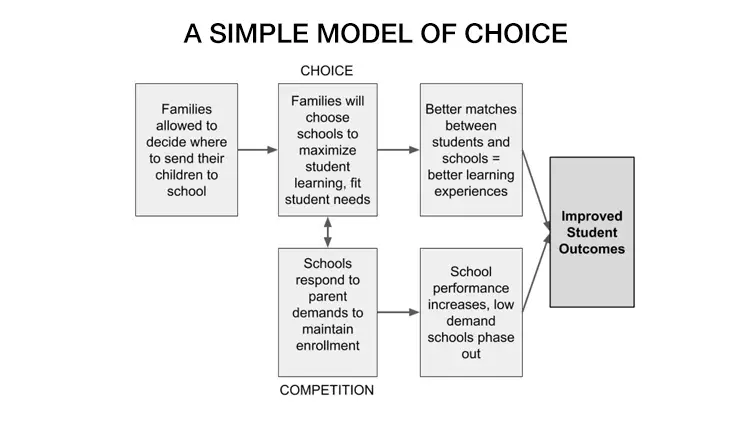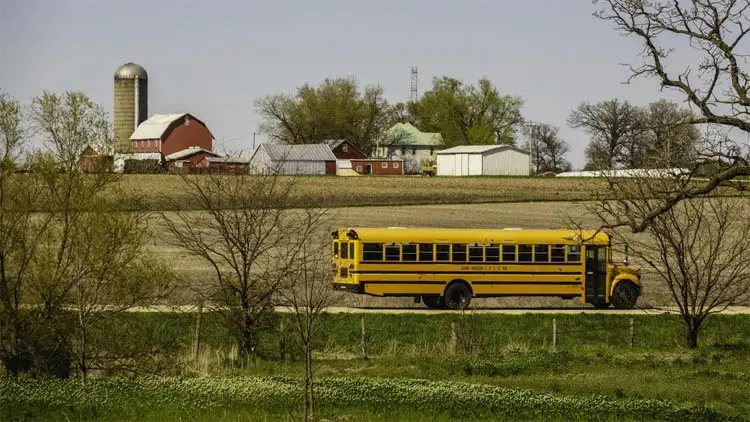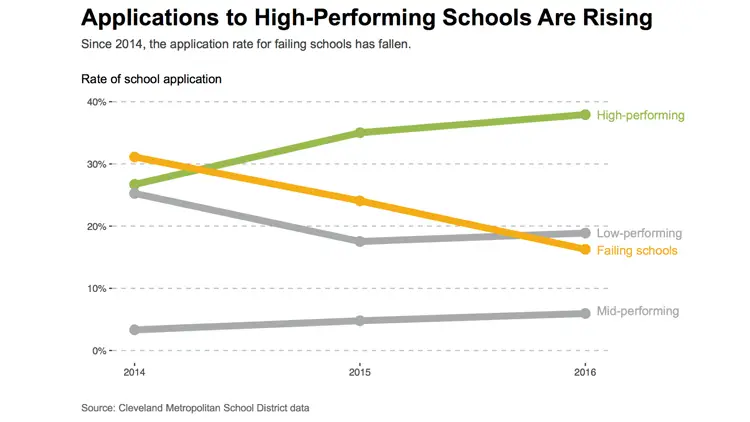Evidence Isn’t Enough: Good Policy Needs Good Politics
I’m a researcher at university-based center that prides itself on following the evidence. That means I spend most of my time thinking about “what works.” I’m not alone. Federal and state policymakers, advocacy groups, and philanthropists have spilt a lot of ink on the value of evidence. Because I live and breathe evidence every day, […]
How Denver Is Working to Improve Its Portfolio of Schools

CRPE recently analyzed Denver’s portfolio of public schools—the curricular themes, instructional approaches, and extra programmatic offerings—as part of a new report (it also looked at New Orleans and Washington, D.C.). In this blog, Brian Eschbacher, Executive Director of Planning and Enrollment Services at Denver Public Schools, shares the district’s goals and progress using enrollment data […]
What if Education Policy Were More Like Astronomy? The Value of ‘Soft Power’
As my family heads down to eastern Oregon today to watch the solar eclipse, I can’t help but think about how different things might be if education policy was akin to astronomy. You see, while eclipses are rare events, they are entirely predictable ones—shaped by well understood physical phenomenon like the orbit of the earth […]
Disability Rights Advocates Are Fighting the Wrong Fight on School Choice
Many respected national groups have recently set their sights on school choice as the new battlefront for disability rights. They are anywhere from open to highly skeptical to adamantly opposed to charter schools and private school choice, often aligning with teachers unions to try to block new proposals or to re-regulate existing policies. This opposition […]
A Matter of Perspective: Charter Schools From the Inside Out

When a career school district educator takes a position leading a charter school, her former district colleagues say, “She’s gone to the dark side.” And when a charter leader is offered a position in a district, she thinks, “How can I work with an office full of incompetent people?” Yet these “boundary spanners” quickly realize […]
Want a Truly Effective School Choice System? Have High-Quality Options in Every Neighborhood

In their efforts to expand school choice, city leaders have good intentions and lofty ambitions. They want to allow for diverse approaches to education, offering schools and programs that meet the demands and interests of a wide variety of students and families. They want to give both students and educators the opportunity to find their […]
“It’s Not My Problem!” Why Charter Schools and Districts Need to Work Together on the Politics of School Closure

District budgets are badly strained when many of their schools are under-enrolled. This is one of the biggest reasons that districts with growing charter enrollment hit financial hurdles. Meanwhile, charter schools can’t expand without access to facilities, and in a growing number of cities, suitable facilities are in very short supply. Understandably, charter leaders bristle […]
Good Government Is Not Good Enough When Managing Choice in the Real World

The portents of market failure—things like inadequate information and a lack of competition—are everywhere in public education. So, when it comes to school choice, government has an important role to play: reducing information asymmetries, bolstering accountability, and ensuring fairness. But the market for schooling also needs bottom-up, community action if it’s going to work for […]
In a Changing Rural America, What Can Charter Schools Offer?

Rural America is not your grandparents’ heartland. Its population is getting older: 21 of the 25 oldest counties in the United States are rural. It’s no longer overwhelmingly white: One in five rural residents is a person of color, and more than four of five new rural residents are people of color. Rural areas are […]
Increasing the Demand for High-Quality Schools in Cleveland

With the election of President Donald Trump and the appointment of Secretary of Education Betsy DeVos, it may seem like school choice is having its day, poised to gain momentum. But ask any educator or community leader in a city with lots of school choice already, and they’ll tell you choice alone isn’t enough. Instead […]


